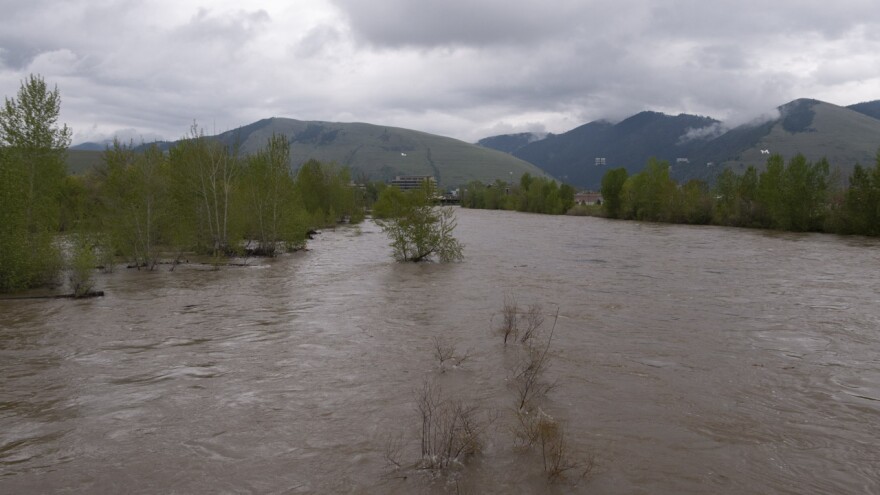Preliminary results from a study of pollution in the Clark Fork River show toxic pollutants are more widespread than previously thought.
Montana Fish, Wildlife and Parks, in collaboration with other state agencies, Trout Unlimited, the Clark Fork Coalition and the Confederated Salish and Kootenai Tribes took water and fish tissue samples along the Clark Fork from Butte to the Idaho border in 2023.
They then tested those samples for a suite of toxic compounds known to cause cancers, reproductive issues and immune system damage when ingested.
The researchers found elevated concentrations of the toxins downstream of Butte in the Bearmouth area, below Drummond in the Flint Creek drainage, in the Upper Blackfoot River, around the site of the former Smurfit-Stone Mill, and the Plains to Thompson Falls areas.
Trevor Selch, a water pollution biologist with FWP, says this is the first step in an ongoing study.
“We were looking at, you know, kind of bookending different major drainages of this system. And so now we've been able to isolate that. It'll definitely take additional work to really identify where the contamination is coming from,” Selch said.
These toxic compounds are associated with industrial activities, or forest fire runoff, but Selch says pinpointing their sources in the Clark Fork is the ultimate goal of this work.
FWP expects to release the results of the fish tissue sample next month. Depending on what that shows, Selch says they may have to expand fish consumption advisories.
Advisories are already in place on 148 miles of Clark Fork from the Bitterroot to the confluence with the Flathead River to protect human health.


